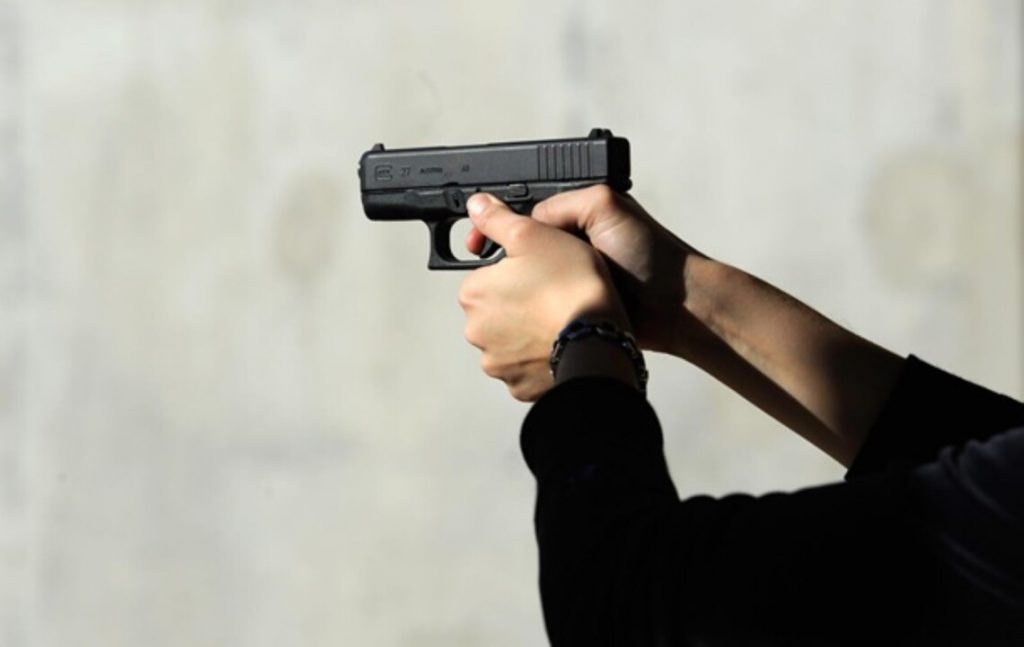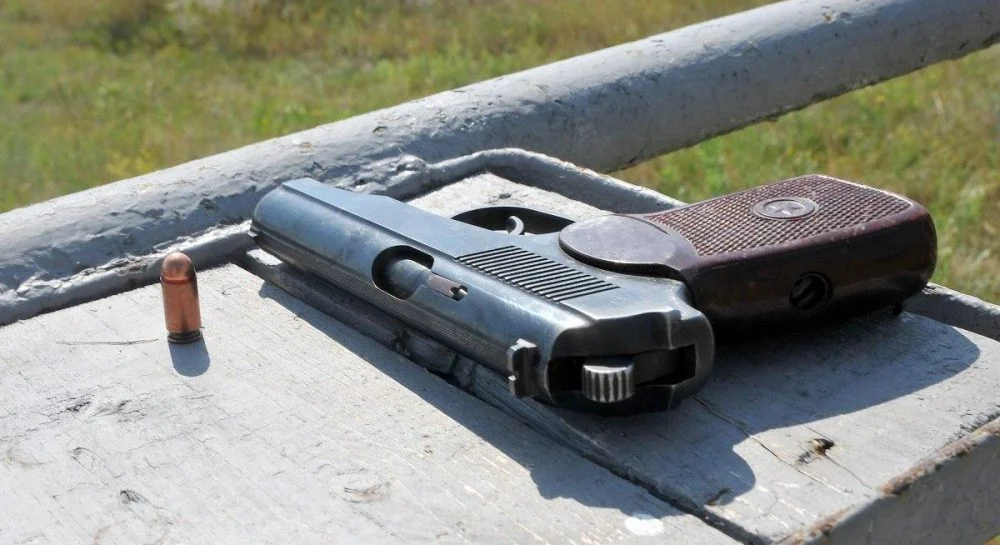If all firearms disappear
On March 24, more than two million Americans demonstrated to demand tighter control of firearms.
However, opinions on this issue are radically divided.
Some insist that the permission to carry weapons should be canceled immediately, others are convinced that more and more people should be armed for the purpose of protection.
But let’s consider what would happen if there were no firearms in the world at all. What if all pistols, machine guns, rifles and cannons disappeared once and for all?

Of course, in reality it is difficult to imagine. But such a hypothetical experiment allows you to discard the political factor and focus exclusively on numbers.
What humanitarian, economic, psychological and other consequences will we have if we do decide to completely abandon firearms?
The most obvious consequence is the absence of deaths from small arms. Currently, around half a million people die from gunshot wounds in the world every year.
Among developed countries, the United States ranks first in this statistic. Citizens here have 300-350 million firearms in their hands.
The number of murders with its use in America is 25 times higher than in the rest of the developed countries of the world combined.
“Hundreds of people die every day from gunshot wounds in the United States,” says Jeffrey Swanson, a professor of psychiatry and behavioral psychology at Duke University School of Medicine in North Carolina.
Suicides are at the top of the list of deaths from firearms. About 60% of the 175,700 people who died from firearms between 2012 and 2016 were suicides.
Half of the 44,000 US citizens who killed themselves in 2015 did so with firearms.
More than 80% of attempts to shorten one’s life with a gun or rifle end in death.
“Unfortunately, the odds of survival are very low,” says Tom Gabor, a criminologist, sociologist, and author of “How to Fight Gun Crime in America.”
Will there be general peace?
However, as history shows, violence is rooted in human nature, and firearms are far from a prerequisite for conflict.
“Think of the genocide in Rwanda,” says David Yamain, a sociology professor at Wake Forest University in North Carolina.
Even if we imagine that absolutely any weapon will disappear from the face of the Earth, wars and civil conflicts will not stop.
And it is unlikely that modern nations will return to spears, swords, bows or arrows. They will obviously use other more lethal forms of mass destruction, such as explosives, tanks, missiles, chemical and biological weapons.
With the exception of nuclear weapons, given their total destructive power, adds sociologist Tom Gabor.
Governments will also undertake the development of new types of weapons that can replace firearms. Which will once again lead to an arms race in which, of course, the richer and more powerful states will win.

What will happen to nature?
The disappearance of rifles and other firearms will have consequences for the animal world as well. On the one hand, poaching and hunting of rare animal species will undoubtedly decrease.
On the other hand, it will become more difficult to protect yourself from attacks by dangerous animals, such as rabid raccoons, aggressive elephants and polar bears, and poisonous snakes.
“There are a lot of good reasons to keep firearms, especially in agrarian countries like Australia, which has a similar historical background to the US,” says Alpers. “Firearms are a necessary tool in farming.”
Economic losses?
Although guns are made to kill, their influence extends to many other aspects of social life.
If guns disappear, the US economy will lose the most.
According to the Firearms Trade Association, this industry brings $20 billion to the country’s economy. direct contributions and another 30 billion in other investments.
Although for the US economy, the loss of $50 billion will not be so noticeable, says Spitzer.
Destruction of weapons, on the contrary, may even bring some economic benefit. After all, deaths and injuries from firearms are a significant expense item in the American budget.
And surely millions of people will finally be able to breathe a sigh of relief. For example, Americans, most of whom today live in constant fear of an armed attack in a public place: in a school, movie theater, night club or on the street.
However, there are also those people who will experience the opposite effect and will feel defenseless in a situation of danger. “Potential victims of violence will not be able to defend themselves against stronger and more aggressive attackers,” notes Professor Yamein.
The question of whether guns really help protect oneself is a very difficult one.
A 1993 analysis of 1,860 intentional homicides found that having a gun in the home significantly increases the risk of it being used against a family member or close acquaintance.
This was confirmed by a review of similar studies in 2014.
“It turns out that the sense of security that having a gun in our own home gives us is pretty false,” says Miller.
Of course, someone will lack the very culture of firearms. However, as Miller points out, avid hunters can switch from shotguns to other weapons like bows and arrows.
This also applies to connoisseurs of shooting ranges and shooting ranges, as well as to gun collectors, who will surely be able to replace their hobby with something else.
Although this is unlikely to console those for whom firearms are a real passion.
“But the saved lives of many people will definitely outweigh the longing for the lost hobby,” Miller concludes.
